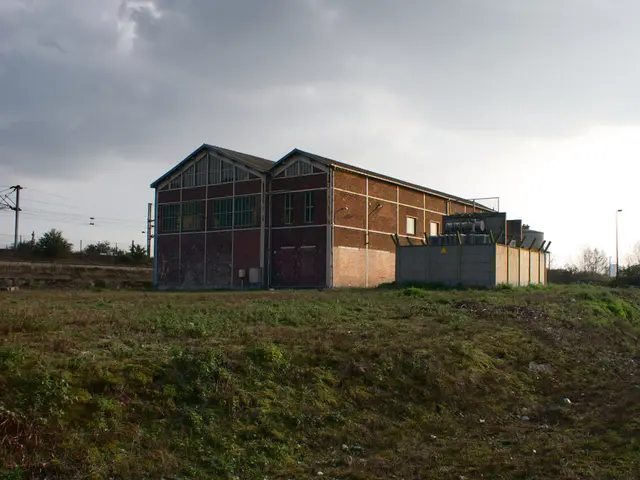Going Green with Cassava Bags: A Double-Edged Sword?
Are the New Cassava Bags Really Green?
In a bid to curb plastic waste flooding Southeast Asia, an innovative Indonesian entrepreneur is serving up a new take on the ubiquitous plastic bag - cassava bags. But just how eco-friendly are these green alternatives? Let's take a closer look.
Cassava, a low-cost, fast-growing food crop, caught the attention of entrepreneur Kevin Kumala when he noticed the disposable plastic ponchos worn by motorcyclists, their lifespan short but their decomposition never-ending. The realization that much of our plastic waste remains on earth, even finding its way into the ocean, sparked a mission to create a more environmentally-friendly alternative.
Avani Eco, Kumala's brainchild, was born, manufacturing ecological rain ponchos made from bioplastic. Unlike traditional plastic derived from petrochemicals, bioplastics like the cassava bags utilize renewable materials such as cassava starch and vegetable oil. Asserting the safety of his product, Kumala has even demonstrated the non-toxic nature of his cassava bags by melting them in water and drinking the result.
Progressive, right? Not so fast.
While cassava bags seem like a step in the right direction, several questions arise concerning their environmental impact and sustainability.
A critical aspect to consider is the lifecycle of these cassava bags within the waste management system. Bioplastics, unlike their petrochemical counterparts, do not degrade naturally in landfills. Moreover, they interfere with the plastic recycling process when tossed in with traditional plastics, resulting in lower-quality recycled products. Industrial composting, which requires high temperatures and frequent turning, is necessary for bioplastic composting. This might not be feasible in home composting situations.
Moreover, choosing crops like cassava to manufacture bioplastic raises questions about the opportunity cost. Cassava, a staple food crop for millions worldwide, could potentially be used to feed people rather than be mobilized for plastic production. Crop waste, which could be used to create sustainable products in other industries, may also suffer, potentially leading to further waste and resource consumption.
Another concern lies in the future viability of cassava as a sustainable resource. Yields have stagnated for decades, and cassava is prone to diseases such as brown streak disease. Moreover, cassava's genetic code decays rapidly, implying that genetic engineering or risk of extinction may be imminent.
Lastly, we must confront the elephant in the room. Sustaining consumer habits that contribute to pollution and strain resources may never be fully resolved by manufacturing alternative, eco-friendly products. This industrial approach advocating a green spin on consumerism may divert attention from the fundamental shift in mindset required to create a truly sustainable world.
So, while cassava bags appear to be a promising solution to plastic pollution, a more holistic, conscious approach to consumption and resource management becomes crucial to creating a truly sustainable future.
Related:
- The Toxic Truth about Microplastics
Sources:
Cassava bags: An Indonesian's solution to the plastic scourge
Drinkable Plastic: Is it a solution for pollution?
Sustainable Farming for African Communities
Cassava: Answering Global Food Security Challenges
Cassava in a Crisis: Genetic Decay Threatens a Staple Crop
Cassava: The Key to Food Security in Nigeria
The Solitary Legacy of Cassava-Based Bioplastics
Starch Market: Trends, Share, Size, Growth, Opportunity, and Forecast 2020-2025
Comparing Bioplastic Recyclability with Petrochemical-Based Plastic Recyclability
- The cassava bags, as a potential solution to plastic pollution in Southeast Asia, raise questions about their environmental impact and sustainability.
- Besides cassava bags, environmental science and lifestyle choices related to food and drink, fitness and exercise, health-and-wellness, technology, shopping, and general news also play significant roles in reducing waste and promoting sustainability.
- Cassava bags might not degrade naturally in landfills or co-exist with traditional plastics in the recycling process, necessitating industrial composting.
- The adoption of cassava bags and other eco-friendly products should not distract from the necessity of adopting a conscious approach to consumption and resource management for a sustainable future.
- Current concerns about cassava bags' sustainability invite further exploration of bioplastic alternatives made from renewable resources in the field of environmental science to address global issues like climate change and the health of our environment.








